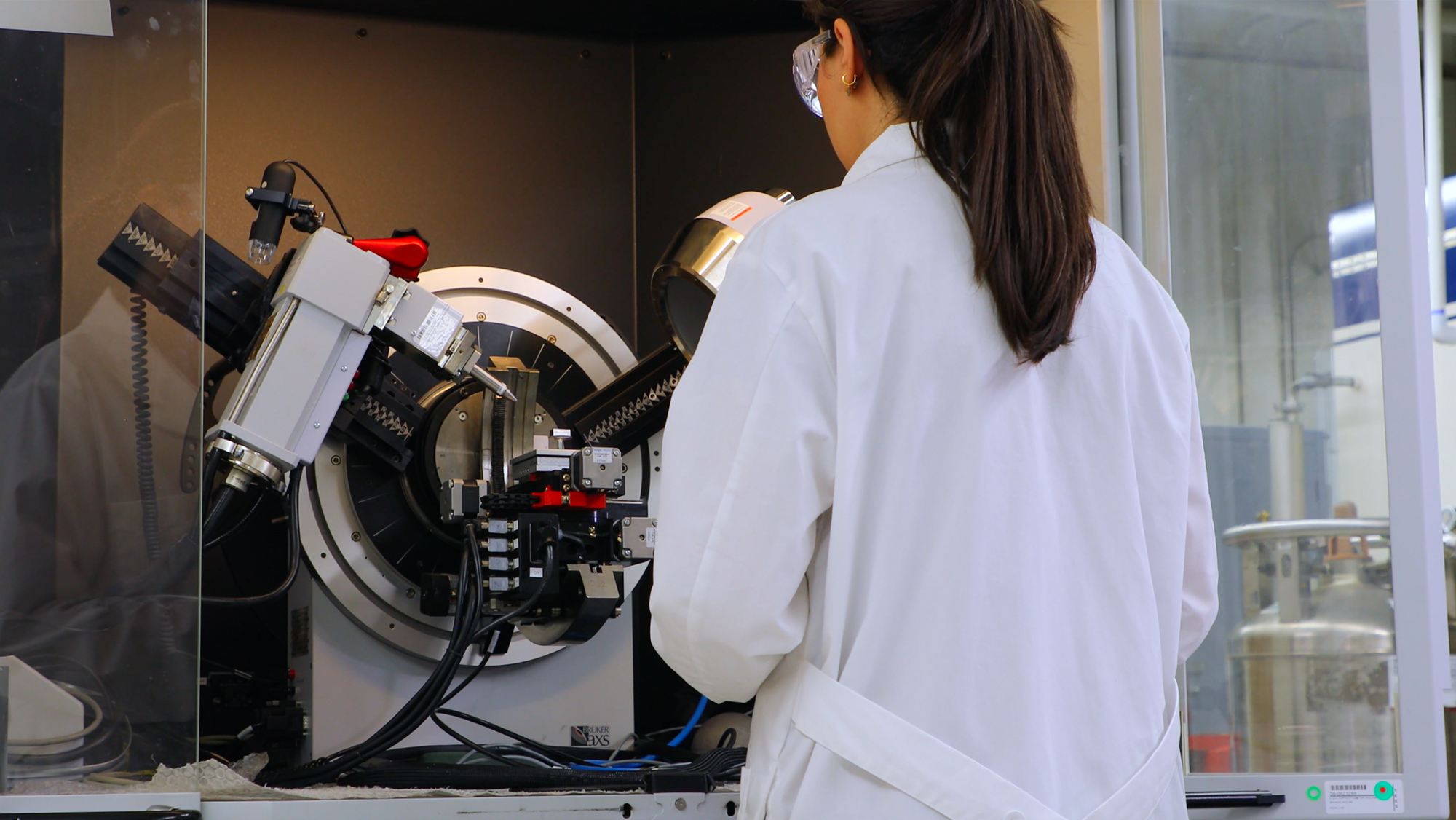
Materials science and engineering is an interdisciplinary field centered on understanding the physical properties of matter and designing materials with specific properties to serve a desired function. Materials scientists study the connections between the synthesis and processing of a material, its underlying structure and its resulting properties. Materials engineers develop materials and manufacturing techniques and integrate these materials into commercial products.
Program Highlights
- Flexibility to engage in one or more of several defined concentration areas, or with guidance of a faculty mentor, create a custom concentration area.
- Opportunities to participate in internships with industry partners or research in academic labs.
- Integration of laboratory experience with computational simulation.
- Preparation for employment as a professional engineer across a range of industries including energy, biomedical, semiconductor, and defense sectors.
The undergraduate major is comprised of 128 credit hours building a strong foundation in chemistry, physics and mathematics to explore the fundamental concepts and techniques critical to the field of materials science and engineering. Students have the flexibility to explore interdisciplinary studies or to focus in greater depth on one or more areas of concentration in the allotted nine hours of technical electives and nine hours of free electives.
Academic Areas of Interest
Some students use this flexibility to select an area of concentration. Together with a faculty mentor, students will create individualized degree plans that may center on one or more specially selected areas of study.